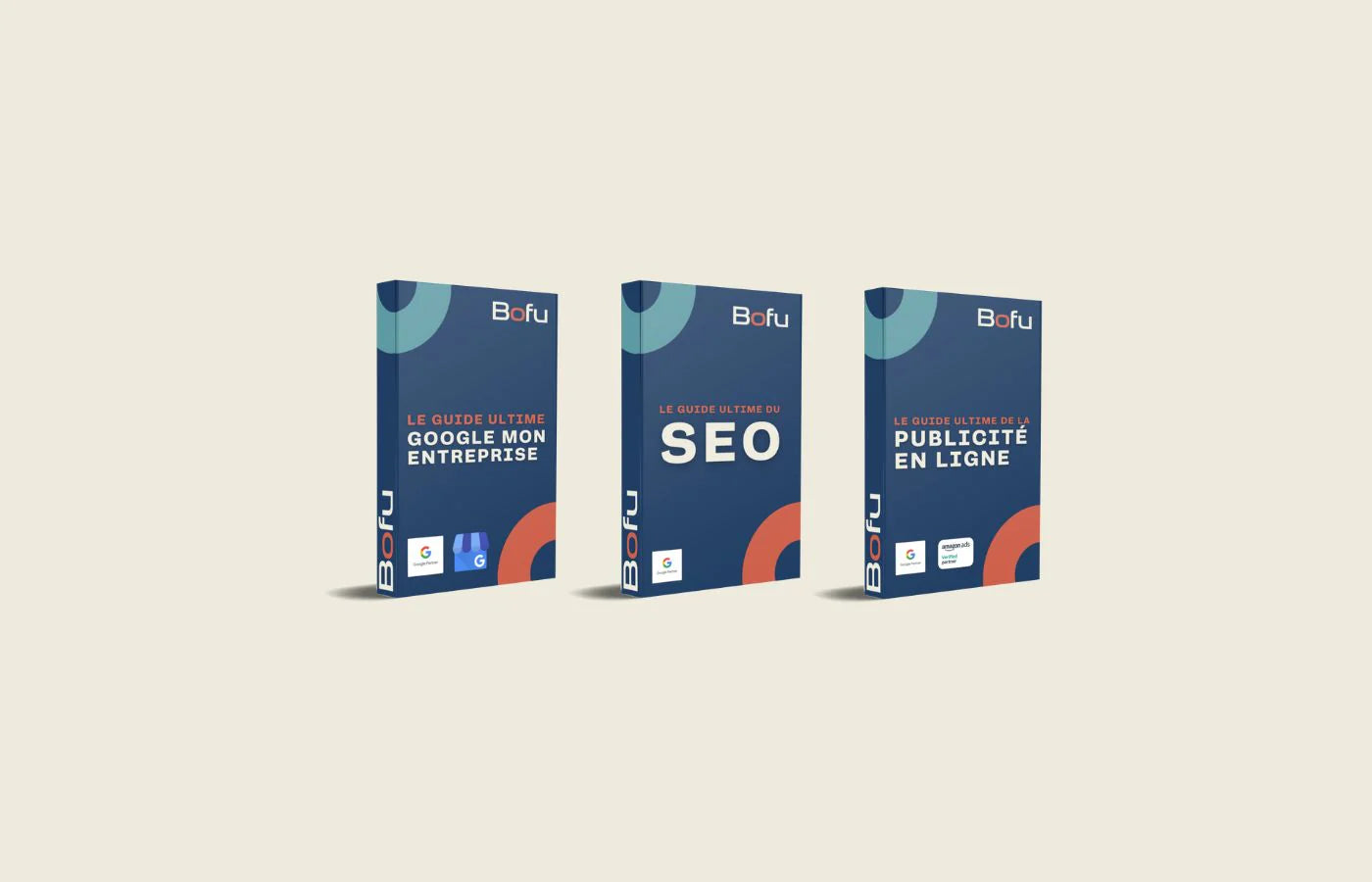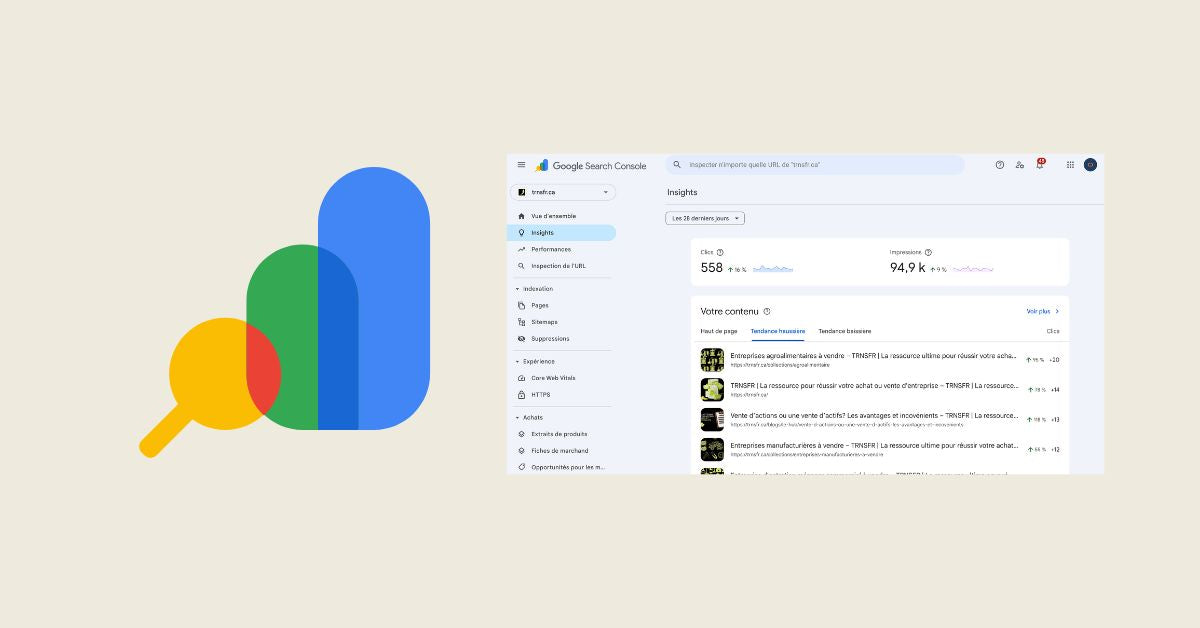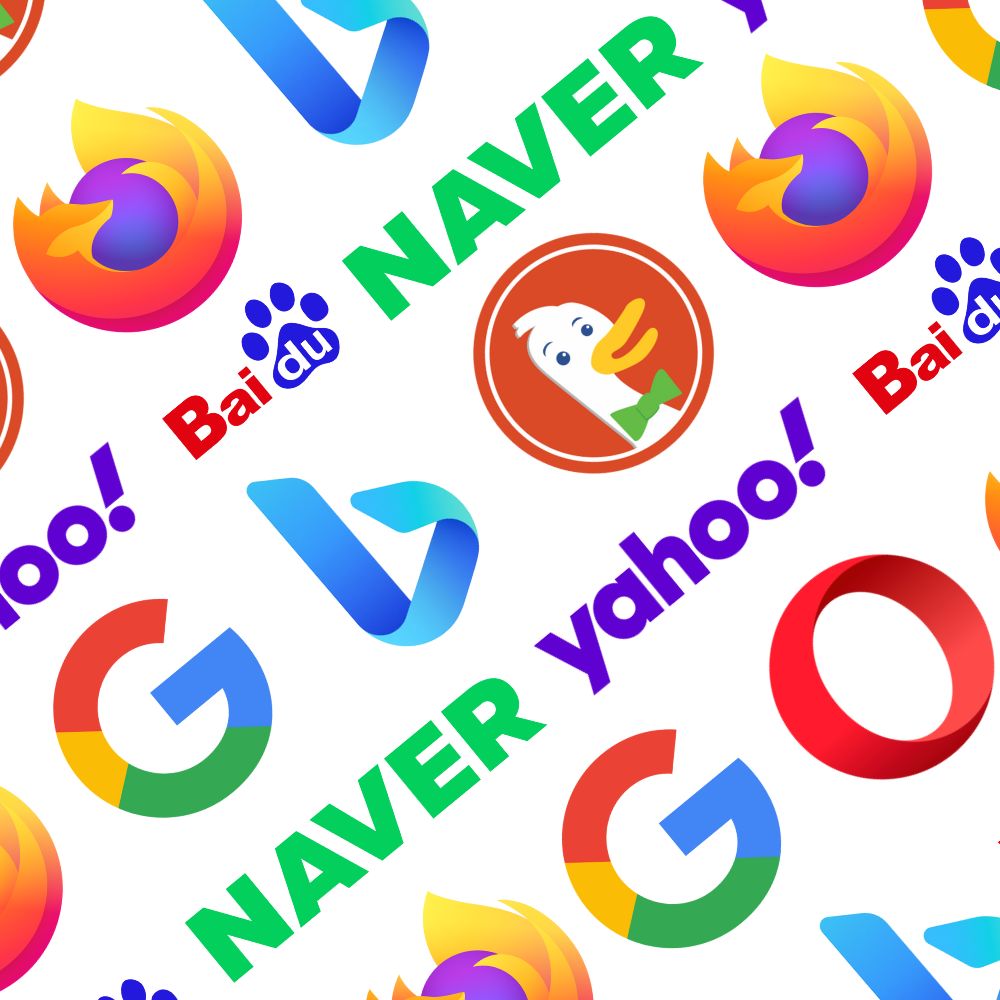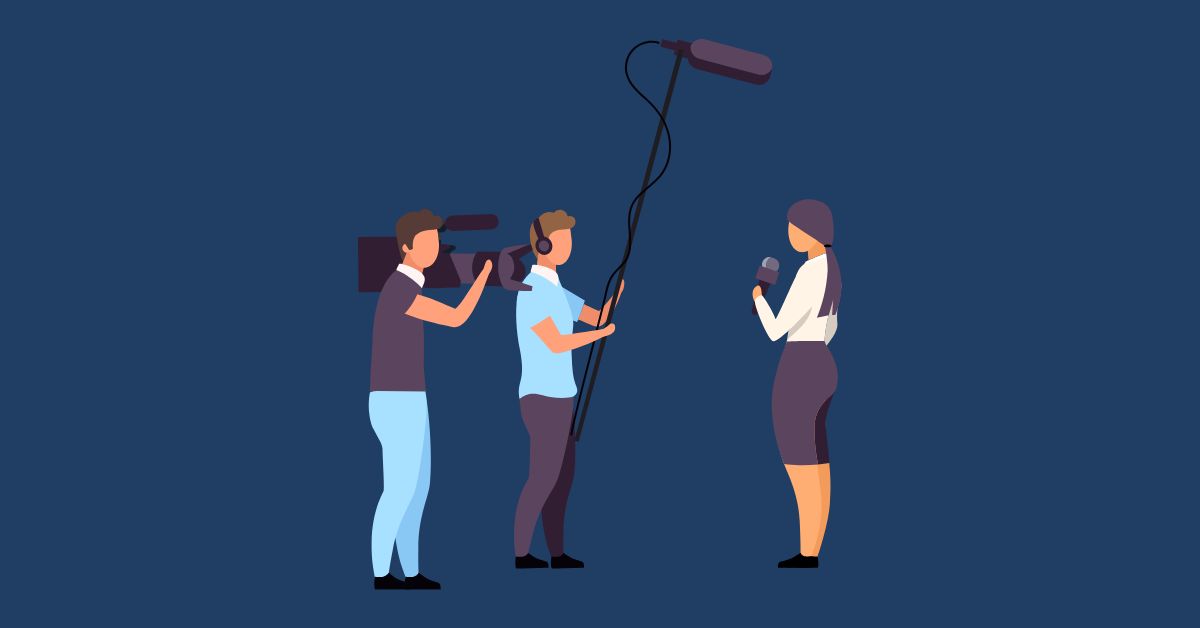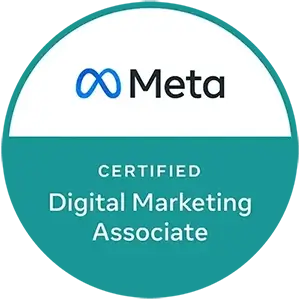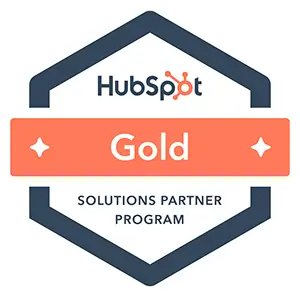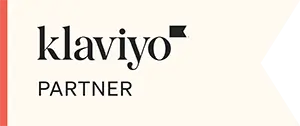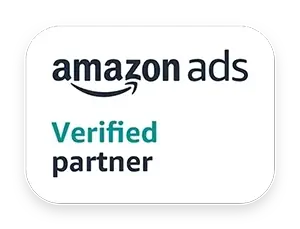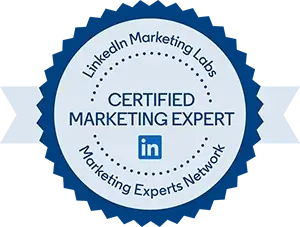Google has rolled out one of its most significant anti-spam updates in recent years. The goal is simple: reduce low-value content, limit the indexing of irrelevant pages, and force businesses to produce genuinely useful content. In 2025, with the rise of zero-click advertising , AI-driven results , and more privacy-focused advertising measurement, this update has very real impacts on traffic in Quebec.
Why this algorithm update hits hard
Google confirms that too many pages with "thin content" or low relevance are clogging up the index. The update therefore aims to:
– Reduce the indexing of automatically generated pages or pages with no added value
– Deprioritize redundant content
– Better identify manipulative tactics
Official sources:
– Google Search Central — Spam Policies : https://developers.google.com/search/docs/essentials/spam-policies
– Google Search Status Dashboard: https://status.search.google.com/products/search
Impressions are down… but that’s not bad news.
Since the update, we have observed a positive phenomenon in several Quebec companies:
– Fewer unnecessary impressions from distant search pages without any real purpose
– Average positions are increasing , because only the best pages survive
– Clicks are stabilizing — or even decreasing slightly — while overall impressions continue to climb
In short: Google stops displaying your site in the wrong places. As a result, your visibility becomes more targeted , which improves your SEO ROI.
To understand and track these trends in your data, consult our internal guide on Search Console :
The role of AI and zero-click technology in 2025
Google's AI summaries, search engine optimization (SEO), and direct answers are already causing a drop in organic click-through rates (CTR) of up to 61% . Informative pages are losing clicks, even when they still perform very well in top positions.
This means that your goal is no longer just to “position” — but to become the source cited by AI .
The evolution of SEO in the Quebec context
By 2025, marketing attribution in Quebec will be:
– Less and less precise due to reduced data samples with Law 25
– Based on first-party data
– Dependent on clean rooms and AI modeling
Consequences :
– Less granularity, more respect for privacy
– Teams need to think with a holistic view of the customer journey , and no longer just at the last click
– Data infrastructures are becoming more expensive and complex
– Companies that are transparent about their data collection gain a competitive advantage
– Regulatory risks are increasing (Law 25, international standards)
The impact on SEO:
→ First-party quality signals become crucial
→ The content must be reliable, in-depth, and better structured
→ Pages must create real value to survive spam filters
How to adapt your SEO to stay competitive after this update
The best strategy: clean, structure, strengthen.
At Bofu, we focus on three main areas:
1. Content consolidation
Fewer pages, but stronger.
2. Quality Improvement
Enhanced FAQ sections, original data, case studies, reliable external sources.
3. GEO/AEO Alignment
Creation of content optimized to be used in AI responses.
Conclusion
The Spam Update is not punitive — it rewards those who invest in clearer, more useful, better structured content.
Impressions are falling, relevance is increasing, average positions are rising, and SEO is evolving towards an approach centered on quality, intent, and first-party data.
For Quebec companies, this is the perfect opportunity to modernize their SEO and adopt a GEO-AEO-premium content- oriented strategy.
